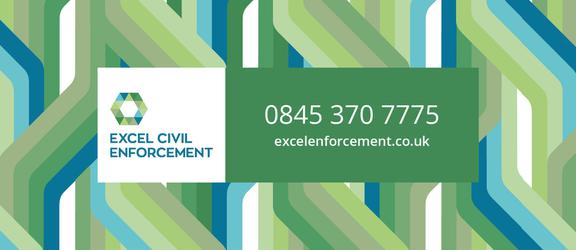High Court enforcement for local authorities

For local authorities, sundry debt can really add up, examples of typical sundry debts include the following:
- Benefit over-payments
- Former tenant arrears
- Commercial rent
- Planning fees
- Trade waste fees
- Temporary/emergency accommodation charges
- Courses
- Legal costs
- Service charges for leasehold properties
- Ground rent charges for leasehold properties
The list is not exhaustive but for local authorities under increased pressure to provide services with central government funding cuts bringing in money that is owed can be a challenge. A method of recovering this money is by utilising High Court enforcement.
High Court enforcement
At Excel we are part of High Court Enforcement Group and as such we can offer High Court enforcement as a way for local authorities to recover money owed.
Money judgments
You’ll need to make an application for a county court judgment against the debtor. This is straightforward and can be done online via money claim online or alternatively
Once you have a judgment or CCJ
Where your judgment is for more than £600, there is a court fee of £78 to obtain a writ of control, this fee is recoverable from the debtor along with any interest that might have accumulated on the debt. The interest that can be charged is 8% plus the bank of England base rate.
What happens next?
We will write to the debtor giving 7 clear days’ notice, after this notice period has expired, we will visit the debtor’s property. We will always try to obtain payment there and then or to arrange a payment plan with the debtor. If it is not possible to elicit a payment or to come to a payment plan arrangement, we will begin the next stage which is to take control of goods.
Why this is a good option for local authorities
For local authorities who have exhausted all other options, the High Court route can be a successful way to obtain payment especially if the debtor is known to have assets, a good example of this is if the debtor is a business then assets such as computers and equipment can be placed under a controlled goods agreement.
Controlled goods agreements
A controlled goods agreement means that assets can be listed in an inventory with descriptions and an associated value, these goods cannot be sold by the debtor after a controlled goods agreement has been put in place.
To find out more about High Court Enforcement for local authorities get in touch with us.



